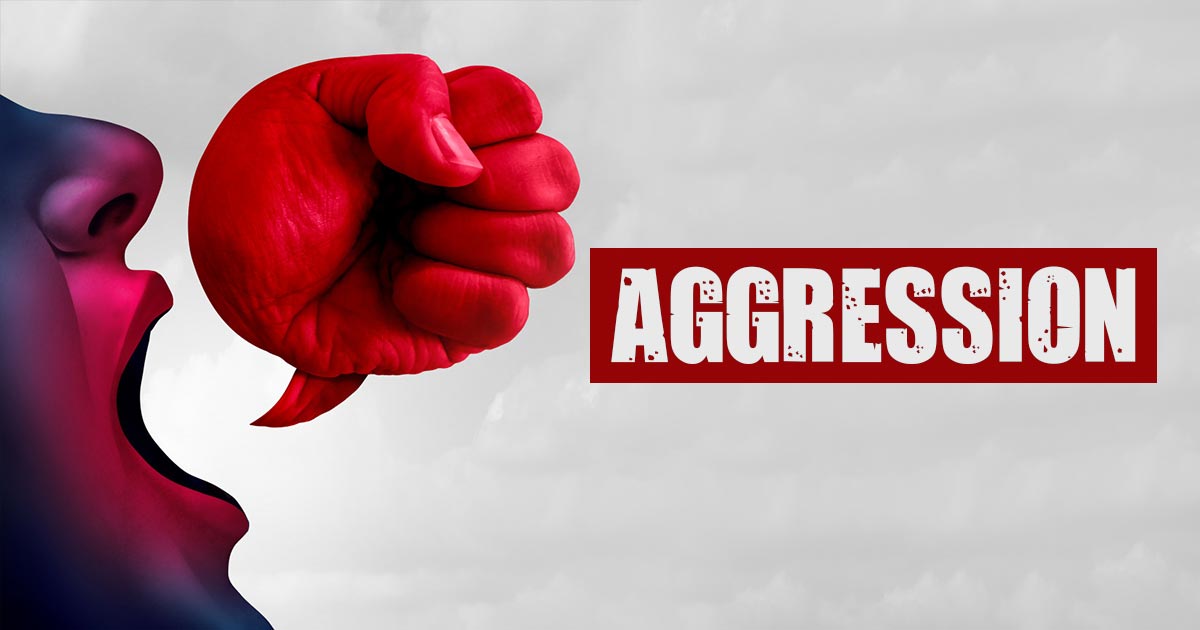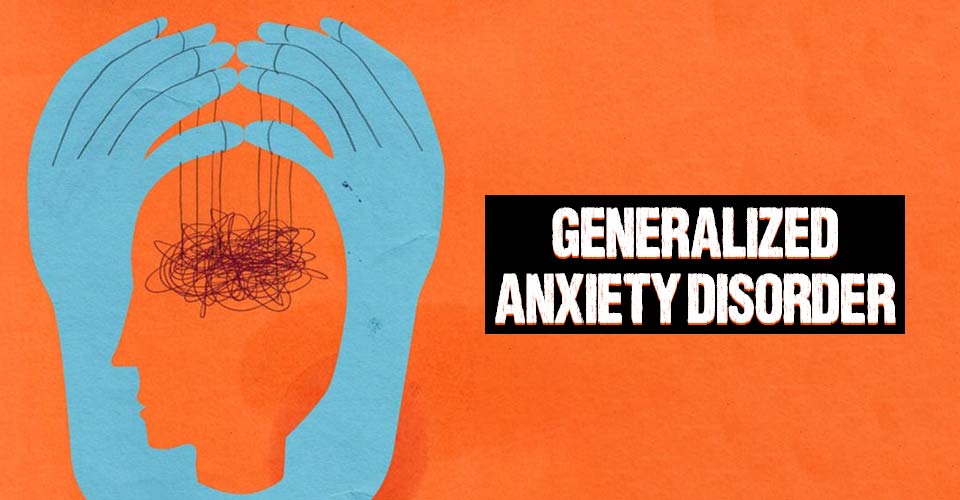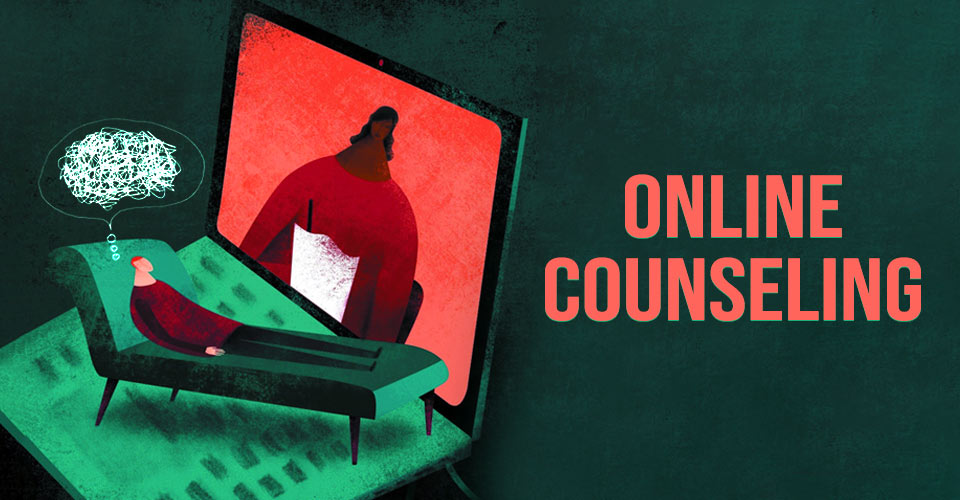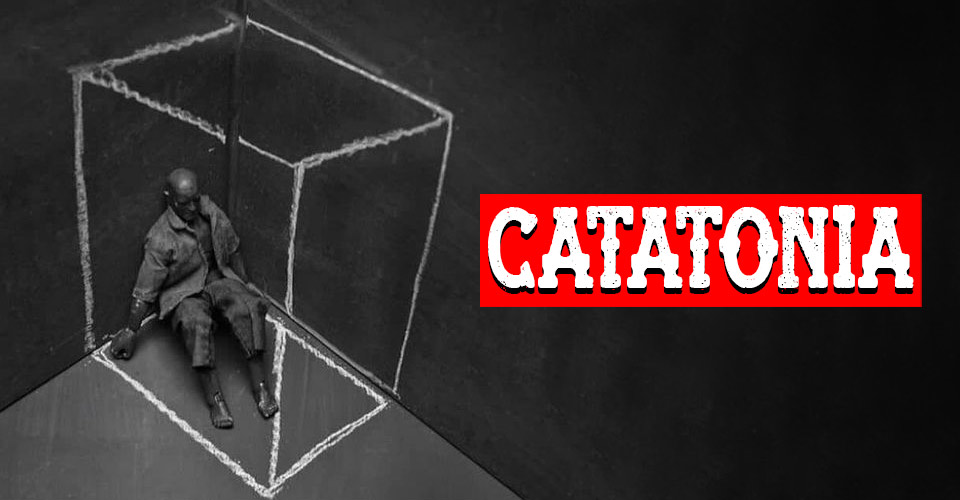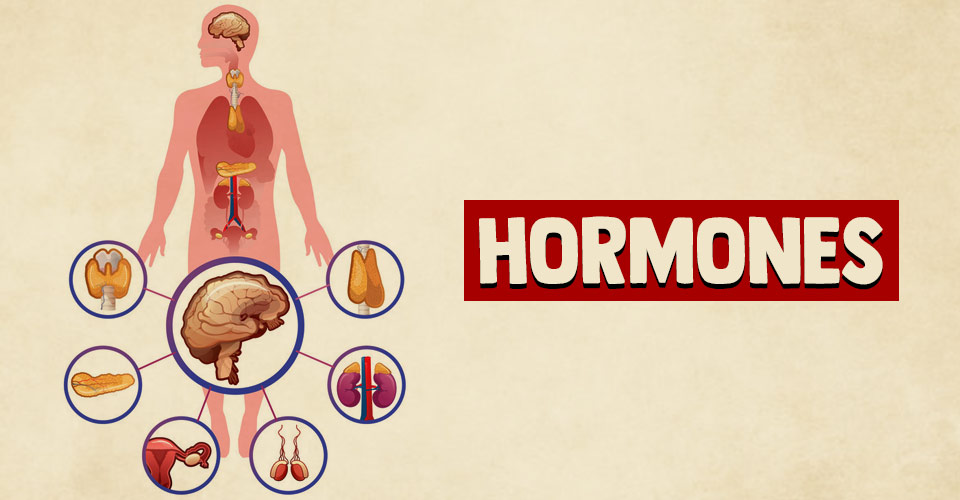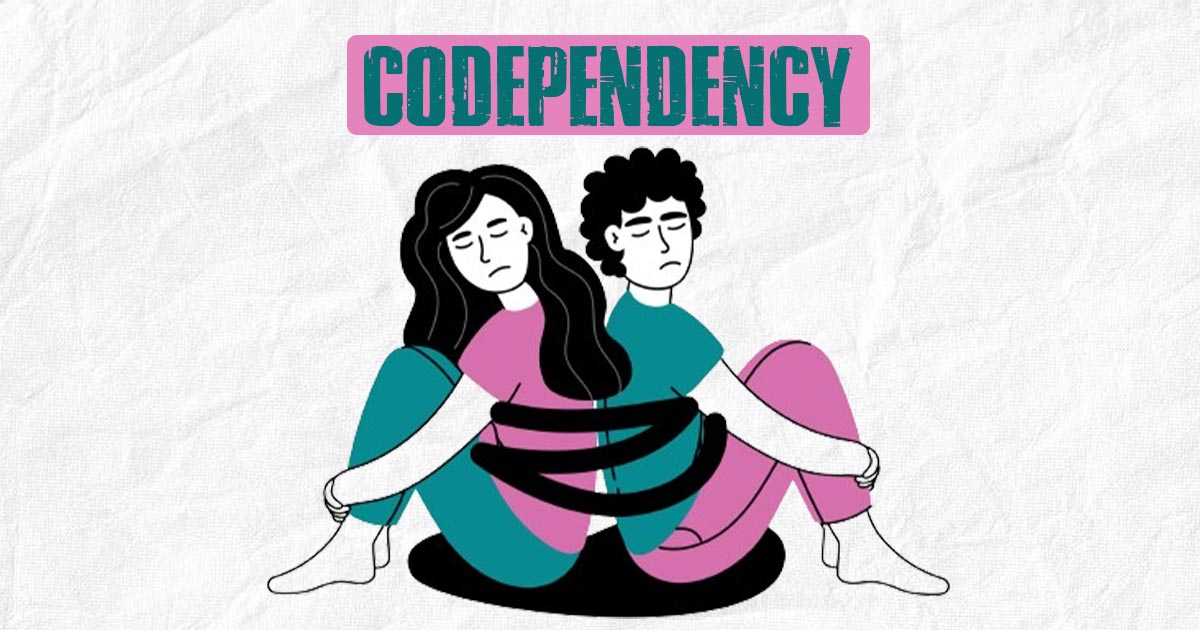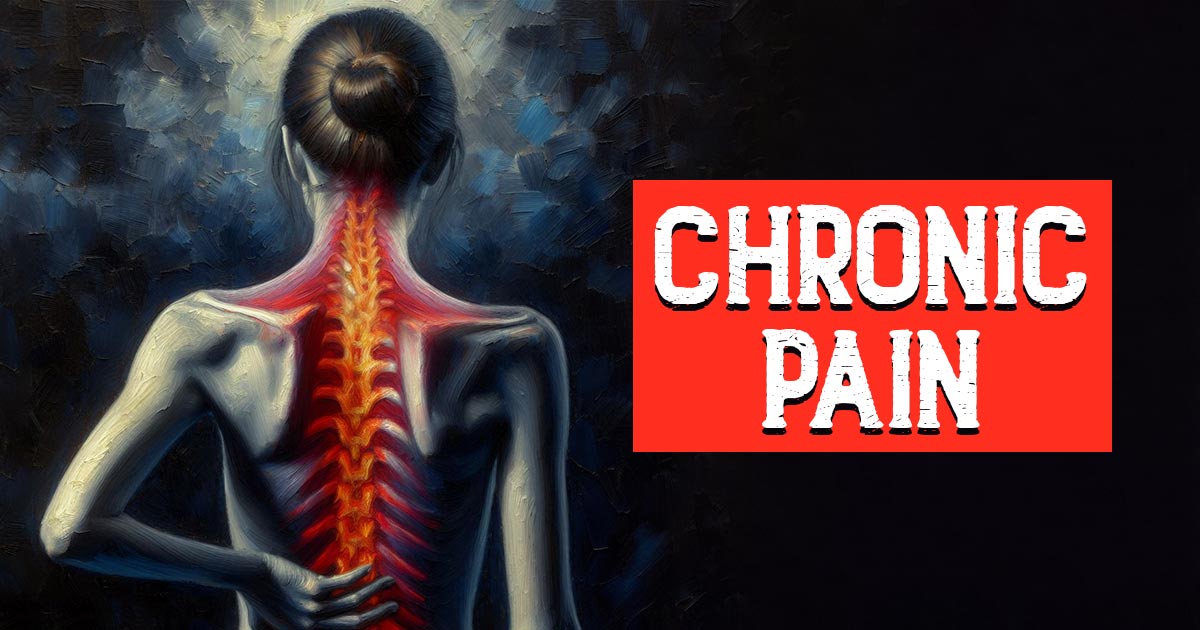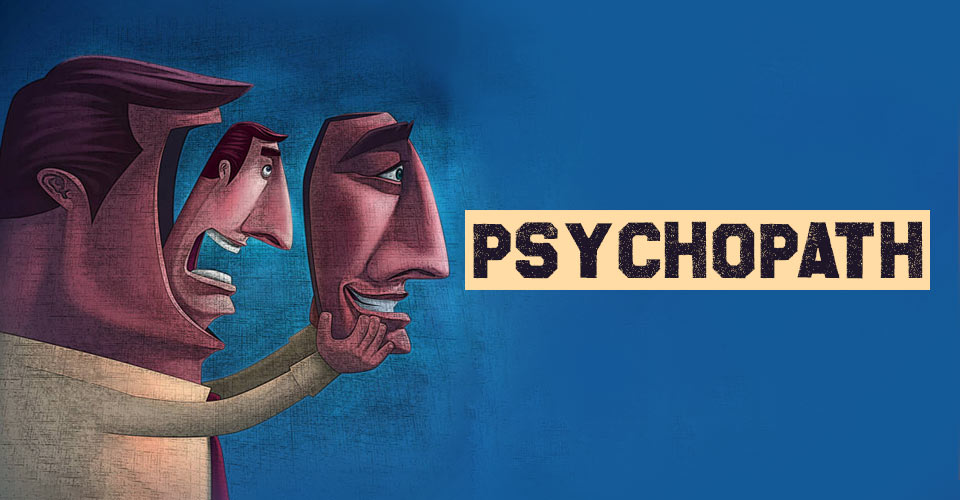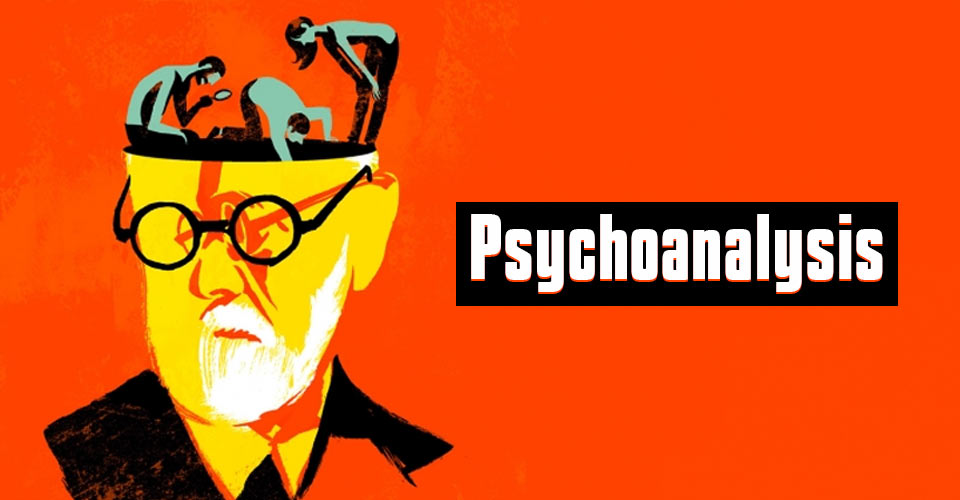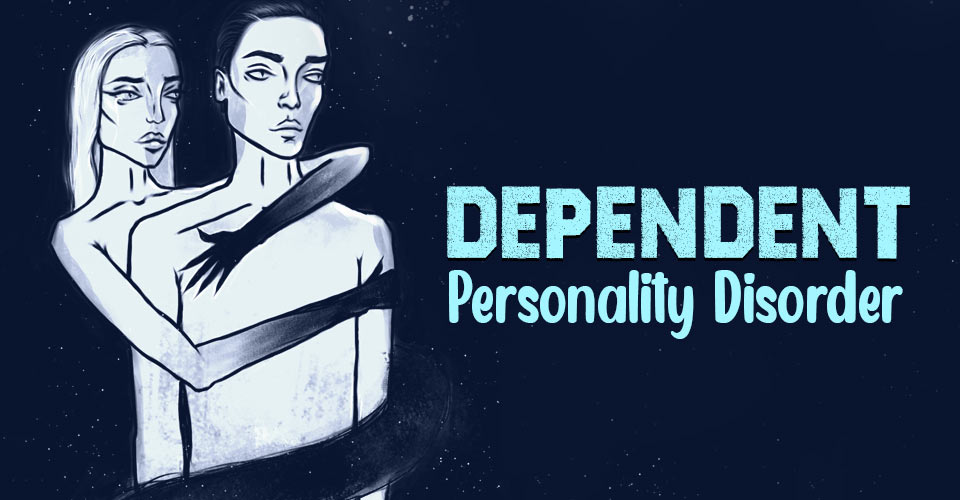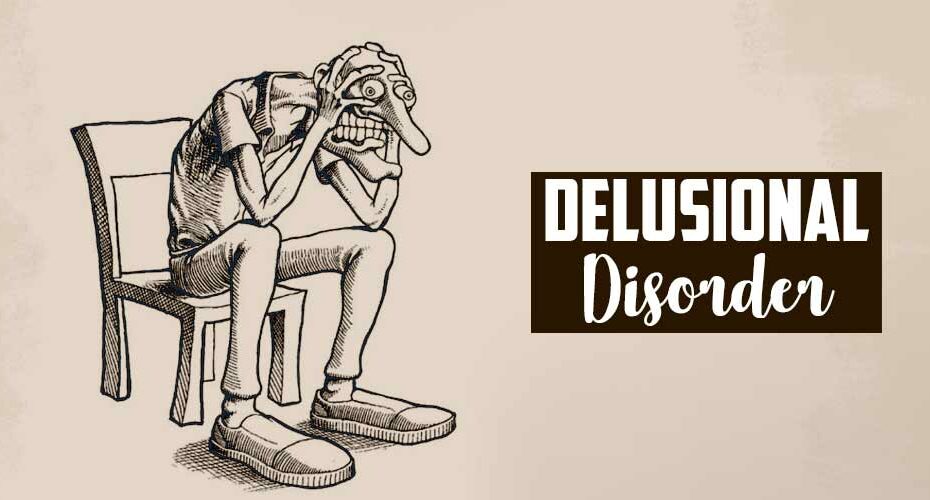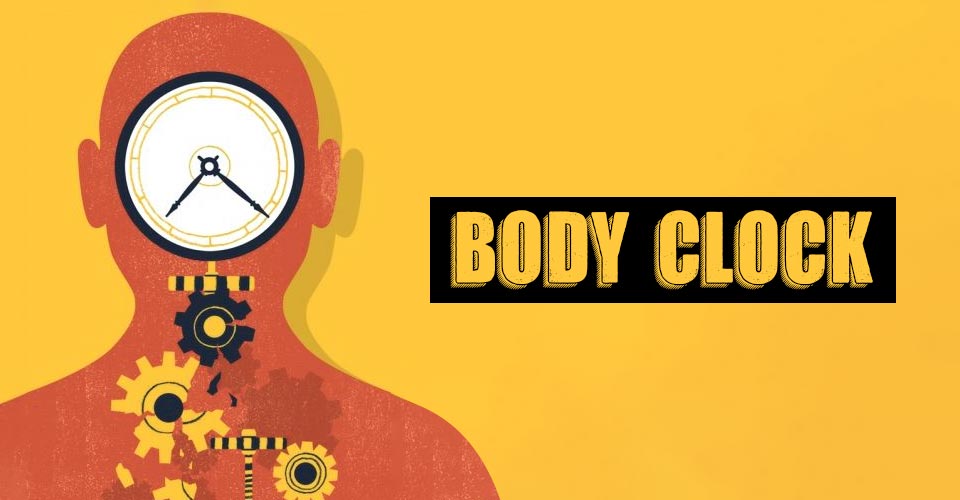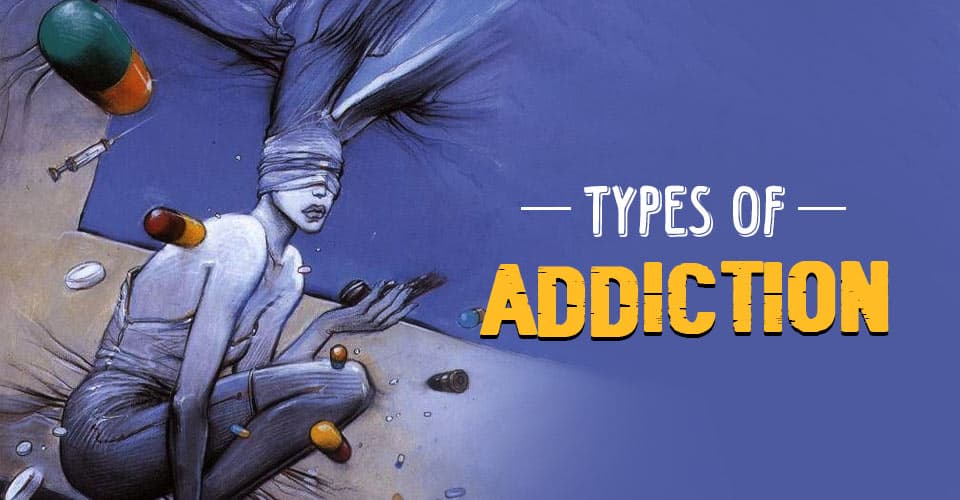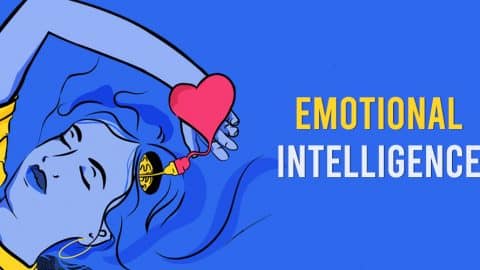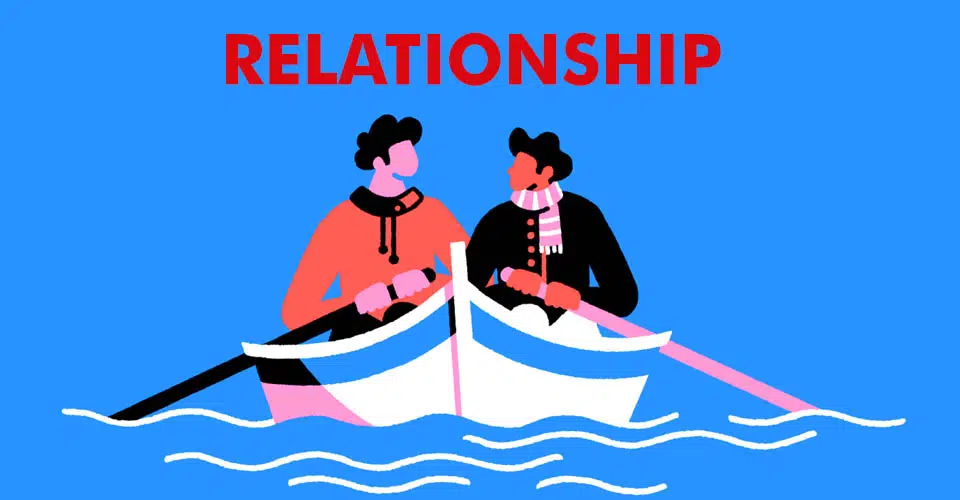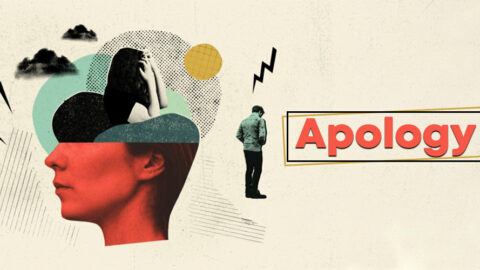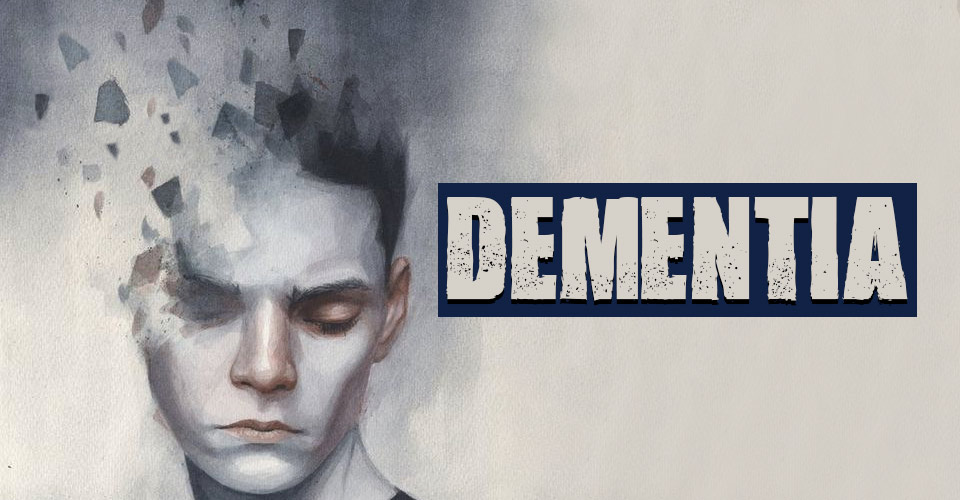Aggression refers to a set of behaviors characterized by intense anger, hostility, or violent behaviour towards others, often accompanied by harmful social interactions and an intention to inflict harm or damage.
What Is Aggression?
Aggression is a behavior 1 Soreff, S. M., Gupta, V., Wadhwa, R., & Arif, H. (2023). Aggression. PubMed; StatPearls Publishing. Available from: https://www.ncbi.nlm.nih.gov/books/NBK448073/ that involves intentionally causing harm or injury to others. It can take many different forms, including physical violence, verbal attacks, and social exclusion. Aggressive behavior is often motivated by a variety of factors, such as anger, frustration, fear, and the desire for dominance or control.
Aggressive behavior in psychology has been studied with an interdisciplinary approach, often involving sociology and biology. While some forms of aggression are seen as natural and necessary for survival (such as self-defense), other types of aggression can be harmful and destructive.
Aggression can be directed toward individuals or groups and can have a range of negative consequences, including physical injury, emotional harm, and social conflict.
Signs Of Aggression
Common 2 Flanigan, M. E., & Russo, S. J. (2019). Recent advances in the study of aggression. Neuropsychopharmacology : official publication of the American College of Neuropsychopharmacology, 44(2), 241–244. https://doi.org/10.1038/s41386-018-0226-2 signs of aggression include:
- Physical signs of aggression (such as clenching fists, pacing, or throwing objects)
- Verbal signs of aggression (such as yelling, swearing, or threatening language)
- Intense or erratic behavior (such as sudden outbursts or impulsive actions)
- Body language (such as tense posture, glaring, or standing too close to someone)
- Hostile or confrontational attitudes (such as blaming, accusing, or being defensive)
- Social signs of aggression (such as exclusion, spreading rumors, or malicious gossip)
- Sexual aggression (such as unwanted touching or inappropriate sexual behavior)
- Use of weapons or objects as weapons (such as knives, guns, or even everyday objects used with intent to harm)
Anger Or Aggression?
Anger and aggression are two related concepts that are often used interchangeably, but they are not the same thing. All anger leads to aggression 3 Hortensius, R., Schutter, D. J., & Harmon-Jones, E. (2012). When anger leads to aggression: induction of relative left frontal cortical activity with transcranial direct current stimulation increases the anger-aggression relationship. Social cognitive and affective neuroscience, 7(3), 342–347. https://doi.org/10.1093/scan/nsr012 , and not all aggression is caused by anger. Because of this, while they are often linked, it is possible to experience anger without acting aggressively, and it is possible to act aggressively without feeling angry.
Anger refers to an emotion of intense displeasure or hostility that arises in response to a perceived threat or injustice. It is a natural emotion that is experienced by people of all ages and cultures.
Aggression, on the other hand, is a behavior that is motivated by anger or other negative emotions and involves an intent to harm or injure another person or group. While anger is an emotion, aggression is an action or behavior.
Moreover, while anger can be a trigger for aggressive behavior, many other factors can also contribute to aggression, such as social norms, cultural values, and situational factors.
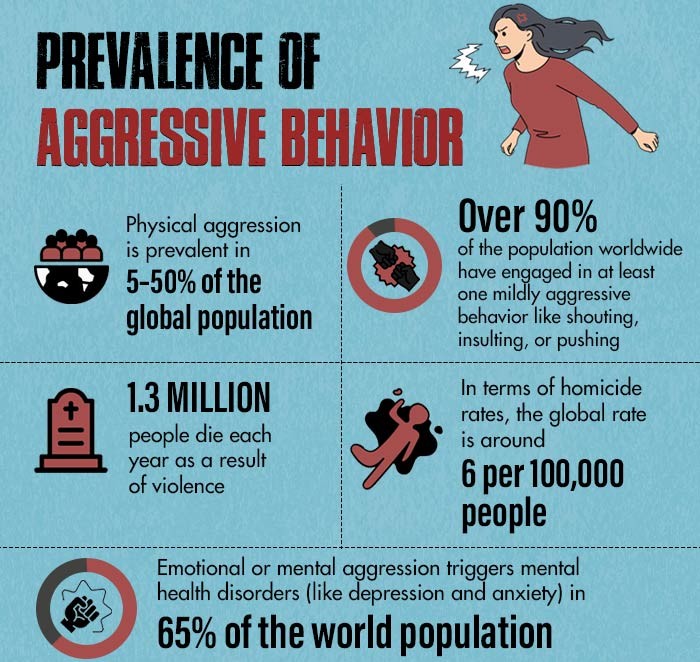
Types Of Aggression
Aggressive behavior can take many forms 4 Liu J. (2004). Concept analysis: aggression. Issues in mental health nursing, 25(7), 693–714. https://doi.org/10.1080/01612840490486755 , ranging from unintentional actions to intentional acts that are meant to cause harm. The different types of aggression include:
1. Accidental aggression
This is a non-intentional form of aggression that typically results from carelessness, such as knocking someone over while in a hurry.
2. Expressive aggression
This intentional form of aggression is not meant to cause physical harm but may involve throwing objects or other forms of acting out.
3. Hostile aggression
This intentional form of aggression is meant to cause physical or psychological harm and includes behaviors like bullying, malicious gossip, and rumor spreading.
4. Instrumental aggression
This intentional form of aggression is planned and used to achieve a specific goal, such as retaliating when someone takes something that belongs to you.
5. Affective aggression
This impulsive form of aggression is characterized by intense anger and tends to occur in the heat of the moment, such as yelling at a customer service representative.
6. Passive aggression
This form of aggression involves indirectly expressing negative feelings or frustrations, such as giving someone the silent treatment or withholding important information.
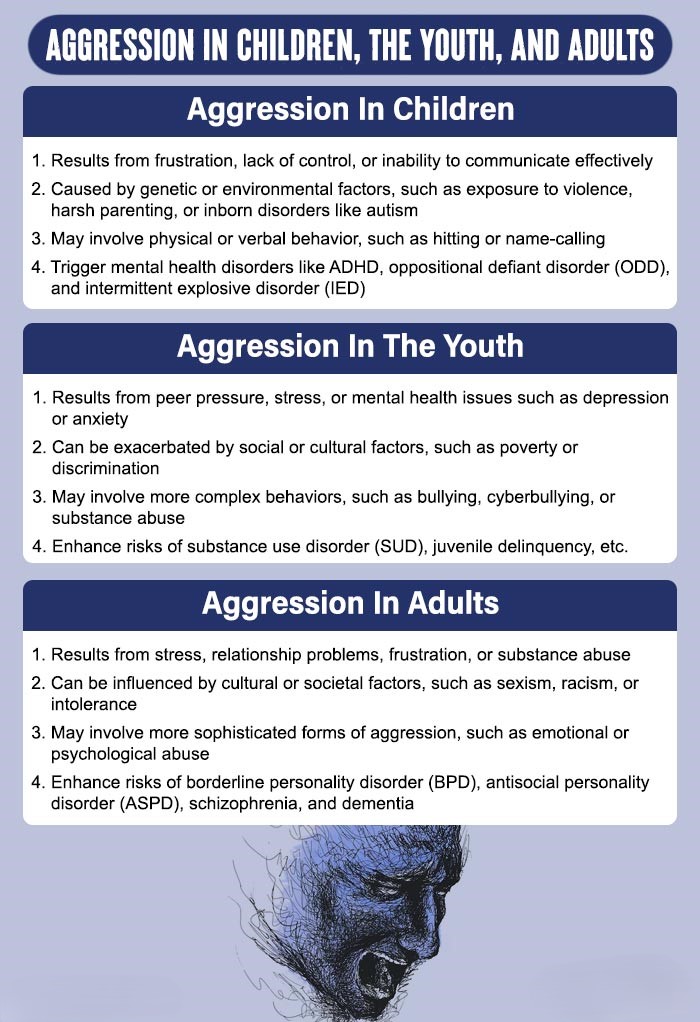
Manifestations Of Aggression
Aggression can manifest in various ways depending on the individual and the situation. Some common manifestations 5 Siever L. J. (2008). Neurobiology of aggression and violence. The American journal of psychiatry, 165(4), 429–442. https://doi.org/10.1176/appi.ajp.2008.07111774 of the different types of aggression include:
1. Physical aggression
Physical aggression refers to behavior that involves physically harming others or objects. It can range from pushing, hitting, kicking, or throwing objects, to more extreme forms like physical assault. This type of aggression can result from frustration, anger, or a desire to exert power or control.
2. Verbal aggression
Verbal aggression involves the use of words or tones to harm or control others. Examples include yelling, swearing, insulting, or threatening. Verbal aggression can be used as a tool to intimidate others, assert power or control, or as a form of retaliation.
3. Passive aggression
Passive aggression refers to behavior that is indirectly aggressive, such as ignoring someone, giving them the silent treatment, or being deliberately uncooperative. This type of aggression is often used to express anger or frustration in a non-confrontational way, but it can also be a sign of underlying resentment or a desire to avoid conflict.
4. Relational aggression
Relational aggression is a form of aggression that involves using social relationships as a means of inflicting harm. Examples include spreading rumors, social exclusion, or damaging someone’s reputation. This type of aggression is often seen in social settings such as school or workplace environments.
5. Sexual aggression
Sexual aggression refers to behavior that is sexually motivated and intended to harm or control another person. It can include unwanted touching, sexual harassment, or sexual assault. This type of aggression is a serious issue and can have long-lasting physical and psychological effects on the victim.
Root Causes Of Aggression
Research 6 Haller J. (2022). Aggression, Aggression-Related Psychopathologies and Their Models. Frontiers in behavioral neuroscience, 16, 936105. https://doi.org/10.3389/fnbeh.2022.936105 attributes the common causes of aggression to the following:
- Heredity disposition toward violence
- Personality traits and predisposition to developing aggression
- Neurochemical imbalances and dysfunctional neurotransmitters (like dopamine and serotonin) triggered by traumatic brain injury, meningitis, alcoholism, etc.
- Poor parenting related to abuse and neglect
- Negative or life-threatening home conditions that mandate aggression for survival
- Living in violent environments (like neighborhoods with gang wars)
- Learned behavior from peers or media
- Lack of education on behavioral management
- Underlying mental health conditions 7 Rueve, M. E., & Welton, R. S. (2008). Violence and mental illness. Psychiatry [Edgmont (Pa. : Township)], 5(5), 34–48. like antisocial personality disorder, attention deficit hyperactivity disorder, borderline personality disorder, intermittent explosive disorder, oppositional defiant disorder, post-traumatic stress disorder, etc.
- Cultural notions of aggression and violence
Effects Of Aggression On Mental Health
Aggression can arise from untreated mental health disorders 8 Rueve, M. E., & Welton, R. S. (2008). Violence and mental illness. Psychiatry [Edgmont (Pa. : Township)], 5(5), 34–48. and have a negative impact on mental health and well-being. It can lead to distressing emotions related to:
Aggressive behavior can also lead to social isolation, strained relationships, and various mental health issues 9 Izci, F., Fındıklı, E., Camkurt, M. A., Tuncel, D., & Şahin, M. (2016). Impact of aggression, depression, and anxiety levels on quality of life in epilepsy patients. Neuropsychiatric disease and treatment, 12, 2595–2603. https://doi.org/10.2147/NDT.S113041 , including mood disorders, substance abuse, self-harm, and suicidal ideation.
It can result in a cycle of violence, where individuals become increasingly prone to aggression, leading to desensitization to violence and increased tolerance for aggressive behavior. Long-term exposure to aggression as a perpetrator or victim can perpetuate the cycle of violence.
How To Recognize Your Aggression
Consider the following ways 10 Vakili, V., Ziaee, M., & Zarifian, A. (2015). Aggression: Is that an issue for worrying?. Iranian journal of public health, 44(11), 1561–1562. to recognize your aggressive tendencies:
- Self-reflection
- Feedback from others, like family and friends
- Physical reactions of aggression such as clenched fists, increased heart rate, and rapid breathing
- Keeping a journal to identify triggers and patterns of aggressive behavior
- Seeking professional help and getting screened for chronic aggressive tendencies
Treatment Of Aggression
Treatment for aggression may vary depending on the underlying cause and severity of the condition. However, common treatment options 11 Lee, A. H., & DiGiuseppe, R. (2018). Anger and aggression treatments: a review of meta-analyses. Current opinion in psychology, 19, 65–74. https://doi.org/10.1016/j.copsyc.2017.04.004 for aggression include:
1. Cognitive-behavioral therapy (CBT)
This type of therapy focuses on changing negative thought patterns and behaviors that contribute to aggression. It can help individuals learn coping strategies and communication skills to manage anger and frustration.
Read More About CBT Here
2. Anger management therapy
This therapy aims to help individuals identify triggers and develop techniques to control their anger. It typically involves relaxation techniques, communication skills, and problem-solving strategies.
3. Psychodynamic therapy
This therapy focuses on identifying and resolving unconscious conflicts that may be contributing to aggressive behavior. It can help individuals gain insight into their emotions and develop healthy coping mechanisms.
4. Medication
In some cases, medication 12 Goedhard, L. E., Stolker, J. J., Heerdink, E. R., Nijman, H. L., Olivier, B., & Egberts, T. C. (2006). Pharmacotherapy for the treatment of aggressive behavior in general adult psychiatry: A systematic review. The Journal of clinical psychiatry, 67(7), 1013–1024. https://doi.org/10.4088/jcp.v67n0702 may be prescribed to manage underlying mental health conditions that contribute to aggression, such as depression, anxiety, or bipolar disorder.
Antipsychotic and mood-stabilizing medications are commonly used to manage aggression in adults, For children and adolescents 13 Pappadopulos, E., Woolston, S., Chait, A., Perkins, M., Connor, D. F., & Jensen, P. S. (2006). Pharmacotherapy of aggression in children and adolescents: efficacy and effect size. Journal of the Canadian Academy of Child and Adolescent Psychiatry = Journal de l’Academie canadienne de psychiatrie de l’enfant et de l’adolescent, 15(1), 27–39. , pediatric SNRIs, beta-blockers, α-2 agonists, and antidepressants are administered to correct aggressive behavior.
How To Control Aggressive Behavior
Consider the following self-help tips 14 Sukhodolsky, D. G., Smith, S. D., McCauley, S. A., Ibrahim, K., & Piasecka, J. B. (2016). Behavioral Interventions for Anger, Irritability, and Aggression in Children and Adolescents. Journal of child and adolescent psychopharmacology, 26(1), 58–64. https://doi.org/10.1089/cap.2015.0120 to manage and overcome aggression:
- Identify your triggers and try to avoid them or minimize exposure to them. Triggers can be people, situations, or even certain thoughts or feelings that bring out your aggressive behavior.
- Practice relaxation techniques 15 Romero-López, M., Pichardo, M. C., Justicia-Arráez, A., & Bembibre-Serrano, J. (2021). Reducing Aggression by Developing Emotional and Inhibitory Control. International journal of environmental research and public health, 18(10), 5263. https://doi.org/10.3390/ijerph18105263 such as deep breathing, meditation, or progressive muscle relaxation to manage stress and calm yourself down before things escalate.
- Use assertive communication to express your needs and feelings calmly and respectfully. This can help prevent misunderstandings and conflicts that can trigger your aggression.
- Seek support from friends, family, or a therapist. Talking to someone you trust can help you process your emotions and develop healthier coping strategies.
- Take care of yourself by getting enough sleep, eating a healthy diet, and exercising regularly. A healthy lifestyle can reduce stress and improve your overall mental and physical well-being.
- If needed, consider seeking professional help. A mental health professional can help you address underlying issues and develop personalized strategies to manage your aggression in mental health scenarios.
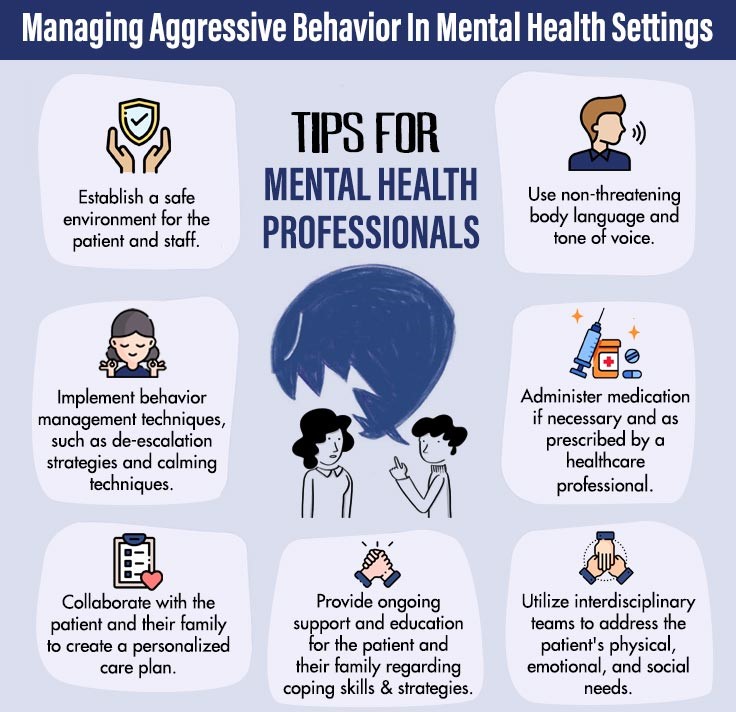
Takeaway
Aggressive behavior can have a range of negative consequences, both for the person displaying the behavior and for those around them. For the person exhibiting aggression, it can lead to increased stress, feelings of guilt or shame, and a sense of loss of control over their actions.
It can also lead to physical harm, such as injuries sustained during a physical altercation or damage to property caused by outbursts of anger.
Therefore, it is crucial to develop effective strategies for managing and coping with aggressive feelings. By doing so, individuals can improve their relationships and reduce the negative consequences of their behavior.
At A Glance
- Aggression is a set of behaviors characterized by intense anger, hostility, or violent feelings toward others.
- It is often accompanied by harmful social interactions and an intention to inflict harm or damage.
- Aggressive behavior, in psychology, is often attributed to factors such as anger, frustration, fear, and the desire for dominance or control.
- Aggressive behavior can take many forms, ranging from unintentional actions to intentional acts that are meant to cause harm.
- The root causes of aggression are attributed to factors such as heredity, personality traits, neurochemical imbalances, poor parenting, etc.
- In order to overcome aggression, one must avail psychotherapies, medication, and self-help coping strategies.
Frequently Asked Questions (FAQs)
1. What are the main purposes of aggression?
The main purposes of aggression can include self-defense, establishing dominance, and protecting resources or territory.
2. Is aggression inborn or learned?
Aggression is both born and learned, as it is influenced by both genetic and environmental factors.
3. Does aggression get stable over time?
Levels of aggression can get stable over time for some individuals, but, for others, it may fluctuate.
4. Does aggression change with age?
Aggression can increase or decrease over time depending on various factors.
5. Is aggression influenced by culture?
Aggression can be influenced by culture, as different cultures may have varying norms and values around acceptable levels and expressions of aggression.
6. What causes aggressive behavior in children?
Many factors can cause aggressive behavior in children, including genetics, environmental factors, and learned behaviors.

